We highly recommend creating a medical records binder to store important information you need for appointments, hospital visits, and even while traveling.
If you’re a fan of technology and like keeping digital records, a binder doesn’t mean you have to abandon that process. There are apps you can use to store medical records. However, it’s important to realize that there may be times when you need to share documents with your provider, and it’s easier for them if you have a hard copy available. Because many dysautonomia patients see multiple doctors, they have numerous lab results, prescriptions, and provider notes that aren’t kept in one digital location.
What should be included in this binder?
Personal Information and General Medical History
- Allergies
- Blood type
- Emergency contacts
- Healthcare providers who are currently treating you
- History of your dysautonomia diagnosis
- Other diagnoses (coexisting conditions or previously diagnosed conditions)
Symptoms
- When did they start? Severity? Frequency?
- What makes the symptoms worse?
- What makes the symptoms better?
- What is your chief and most debilitating symptom?
Current Medications
- Dosages, frequency, when you started taking this medicine
- Prescribing provider
- Does the medicine help?
- Side-effects that you experience
- You may want to keep the medication guide that comes with prescription in this binder
- Keep old prescription you aren’t currently taking toward the back.
- Other treatment methods you’re trying (non-pharmacological) and responses to treatment
Lab Results
- Make use of any online lab result portals. Print your lab results or download the file. (Note: As you prepare for your appointments, review and flag any abnormal results, so you can be sure to discuss them with your provider)
- If you can’t access them online, request a copy from the provider who prescribed the lab work. You have the legal right to have access to these records.
Medical Appointment Notes
- Request a copy of the provider’s notes after every appointment. Most enter their notes during the appointment which means they should be available for the staff to give them to you immediately after the appointment.
- Be persistent if they don’t follow through on your request.
- It’s a good idea to list questions you have for each appointment and record your provider’s answers in your binder. You can attach these to the printed doctor notes you receive at the end of the appointment
For Traveling and/or Hospital Visits:
- Advanced directives
- Living will
- Medical Power of Attorney
- Request hospital records. If you’re met with resistance, keep in mind that the Patient’s Bill of Rights gives you a legal right to access these records. https://www.americanpatient.org/aha-patients-bill-of-rights/
- Copies of standing orders or prescriptions: For example, if you are traveling and need an IV saline infusion, having a letter and prescription from the primary provider who is treating your dysautonomia can decrease the amount of time it takes to receive treatment. If the ER doctor is unfamiliar with dysautonomia, they may want to run multiple tests and be less willing to assume any risk that may come with ordering the IV saline infusion. However, a prescription from your primary is more likely to be fulfilled without complications because the prescribing healthcare provider assumes the risk.
Additional Tips:
- Start by getting a binder and creating a tab for each of the topics listed above.
- Consider having a summary page at the front of each section with the most recent and pertinent information. This will help any physician who is glancing at this information for the first time.
- You may have a significant amount of information. Summarize and pare it down wherever possible.
- If you’re having brain fog or mental clouding and find organizing this information is difficult, enlist the help of a friend or loved one.
Relevant Articles

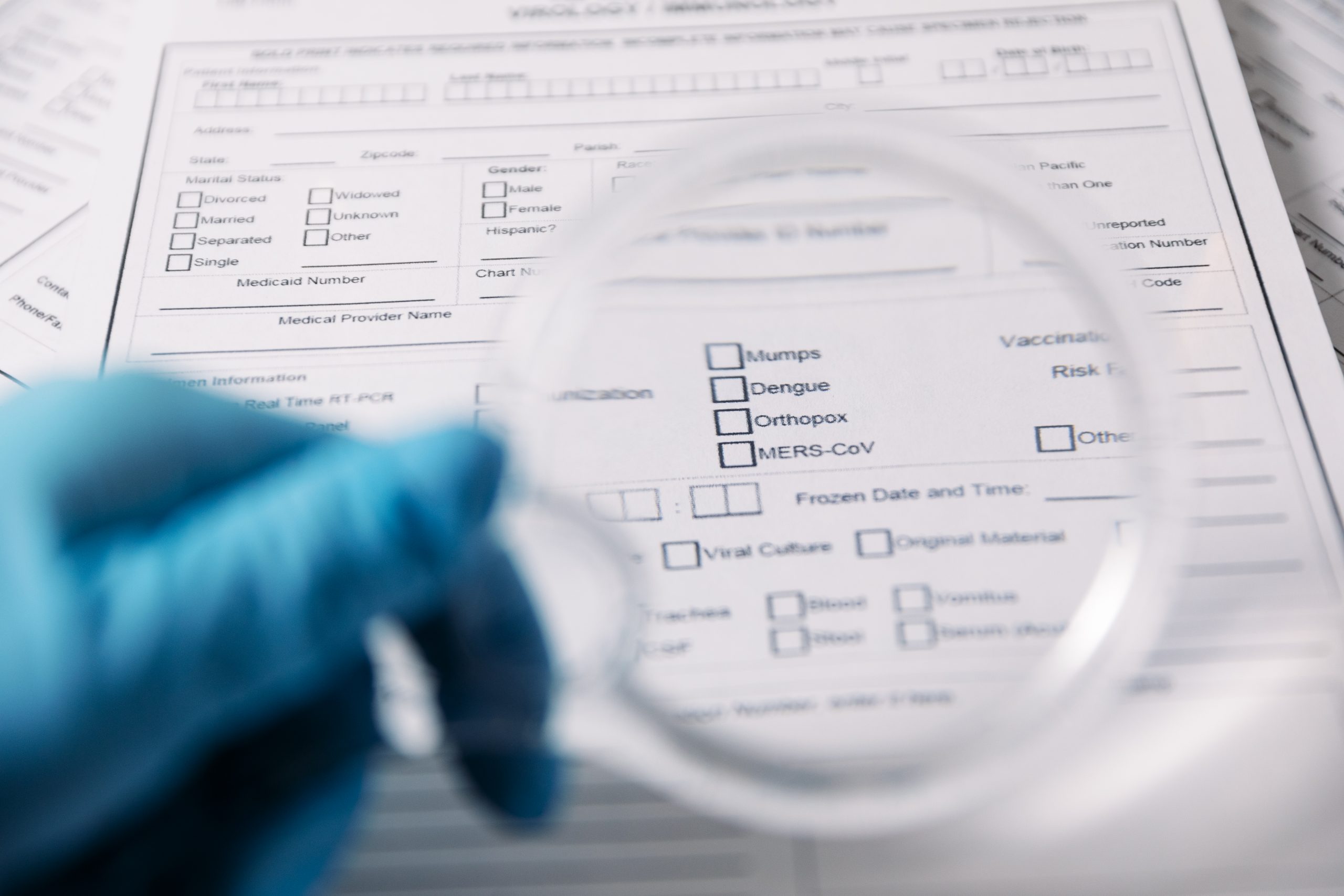









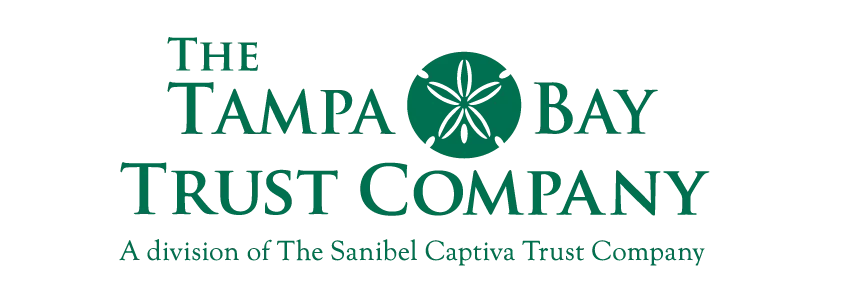
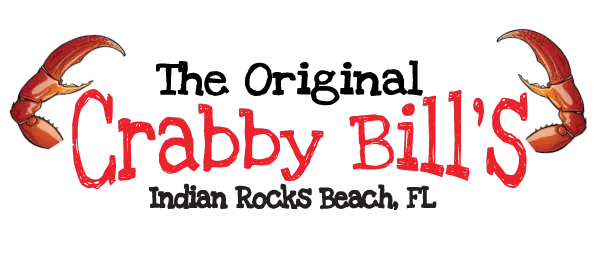



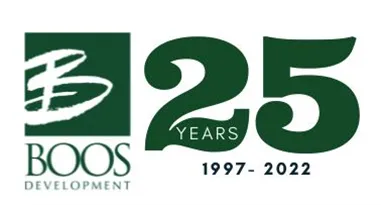



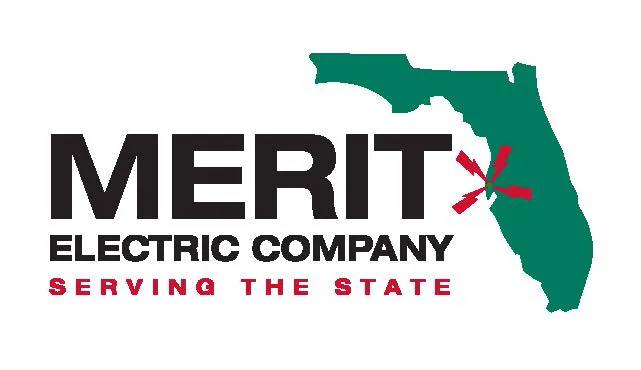
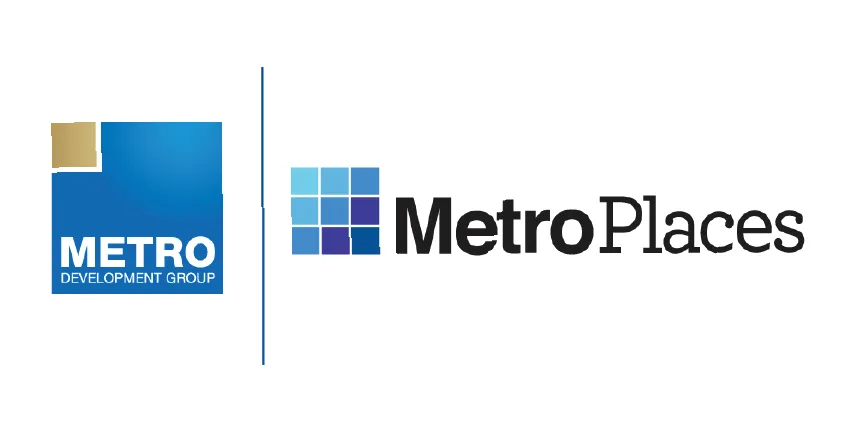









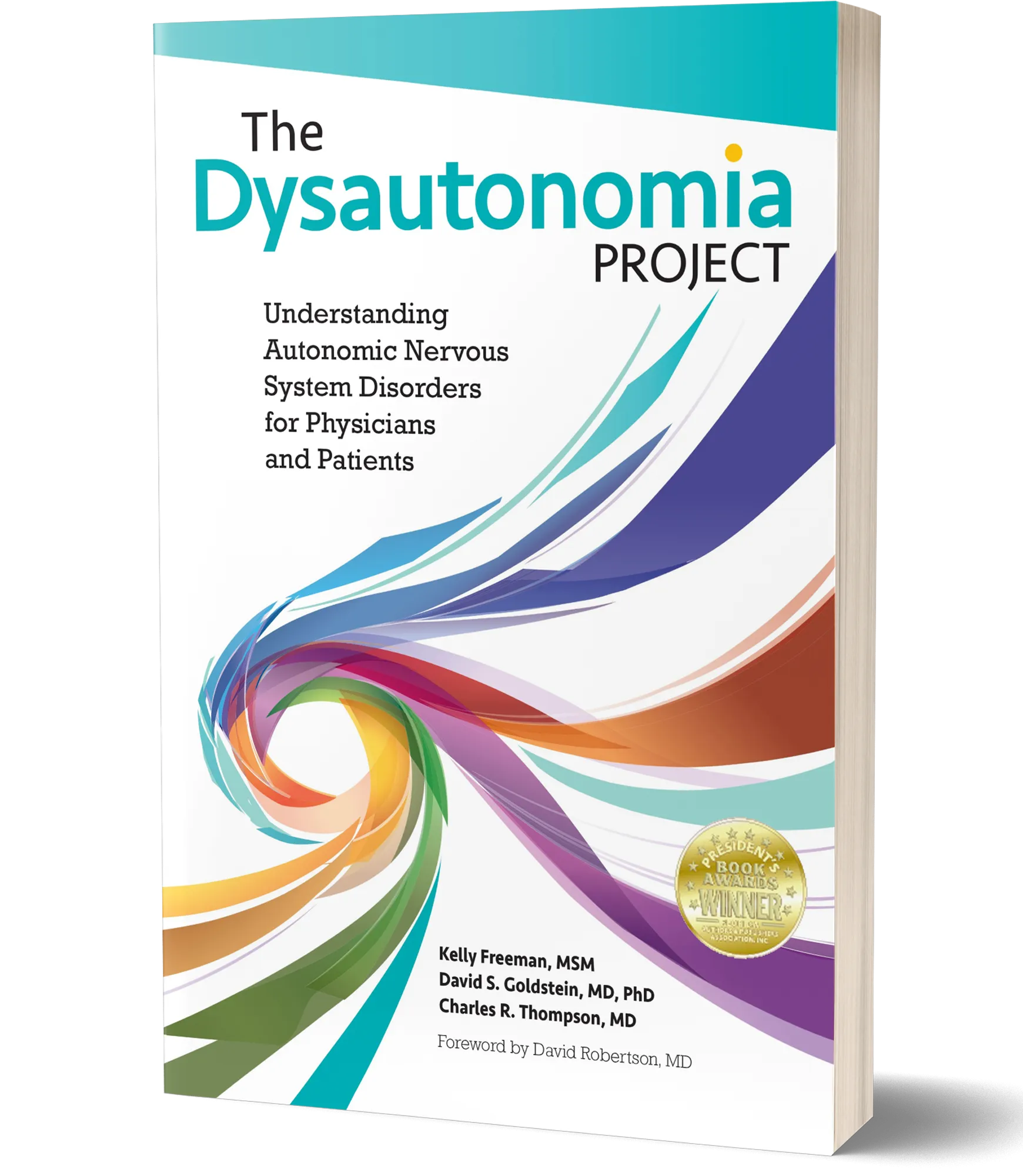
2 Responses
Do you have the ability to donate a book? I’m recently diagnosed but can’t afford it currently.
Hi Madison,
Please email us at info@dysproject.org to discuss this possibility. Thank you!